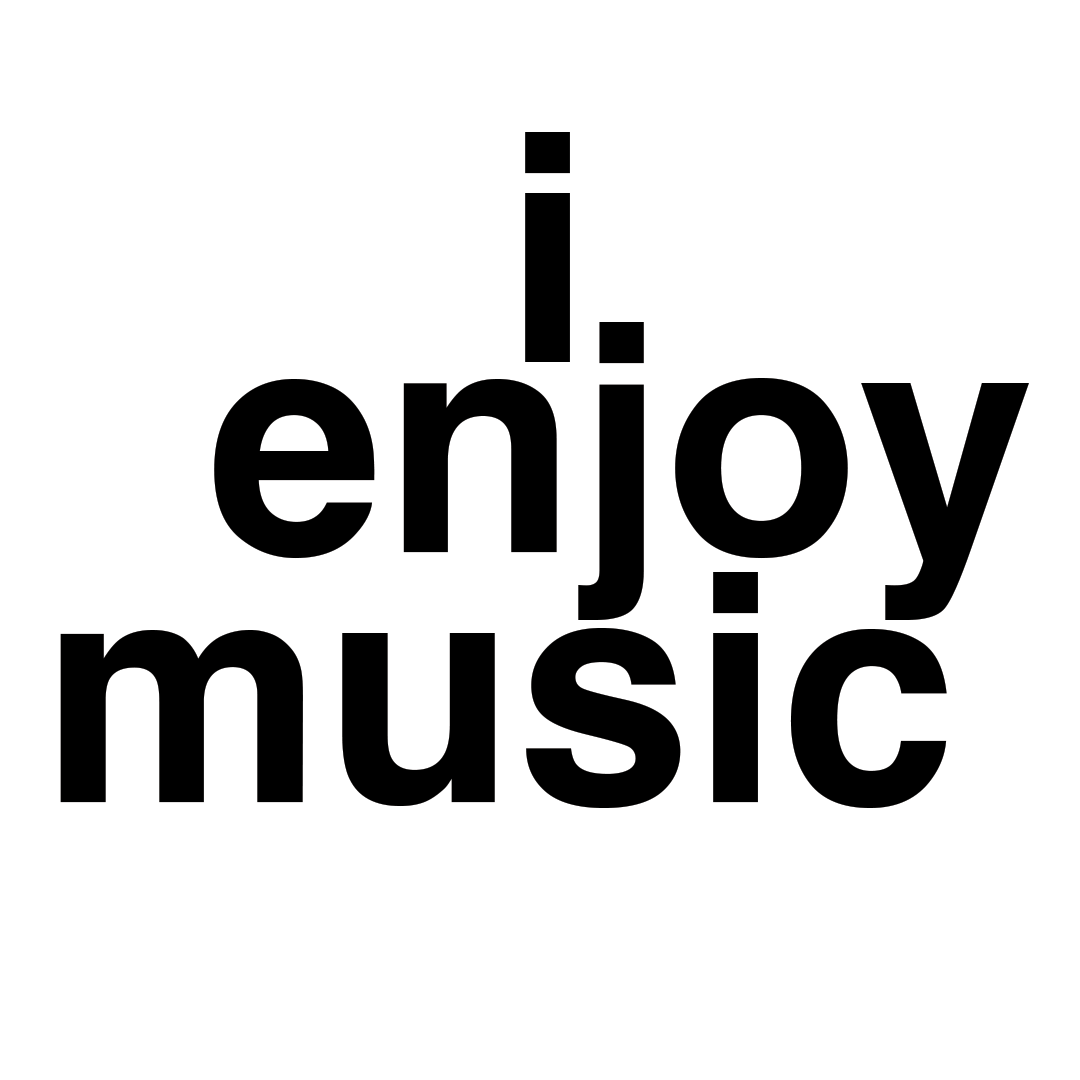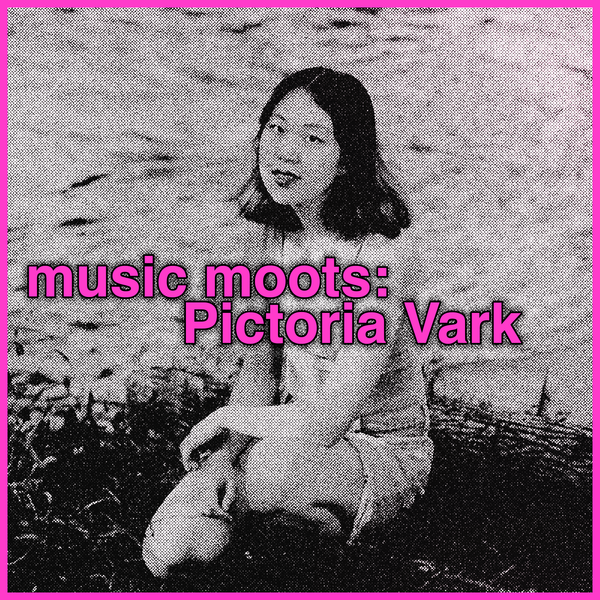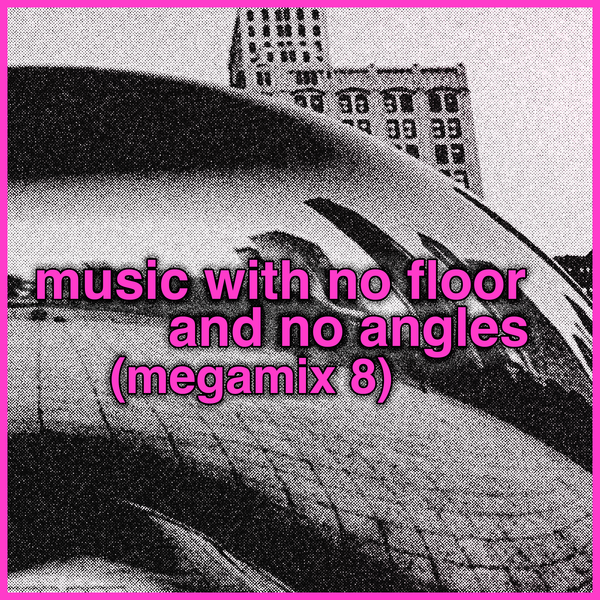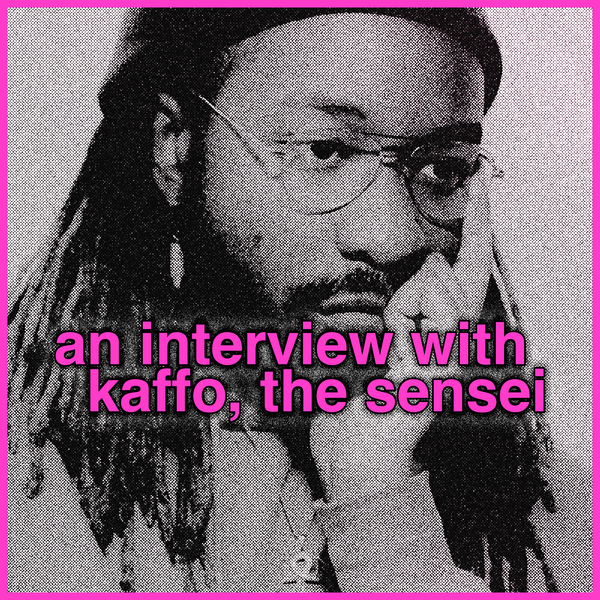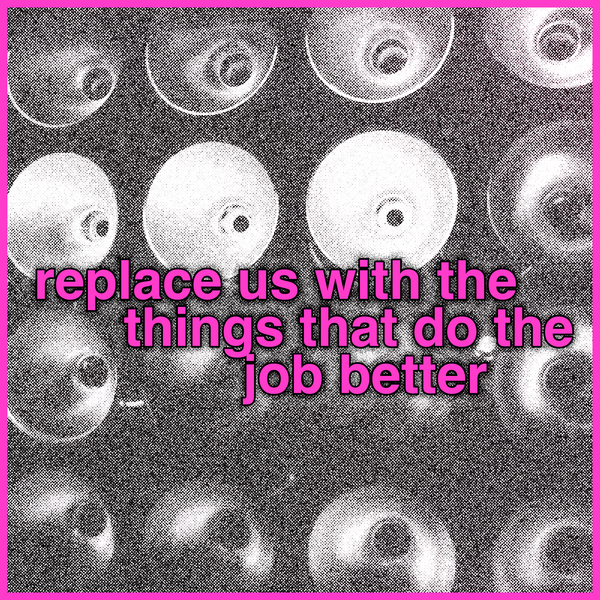Three Music Thingz with Sugardeer
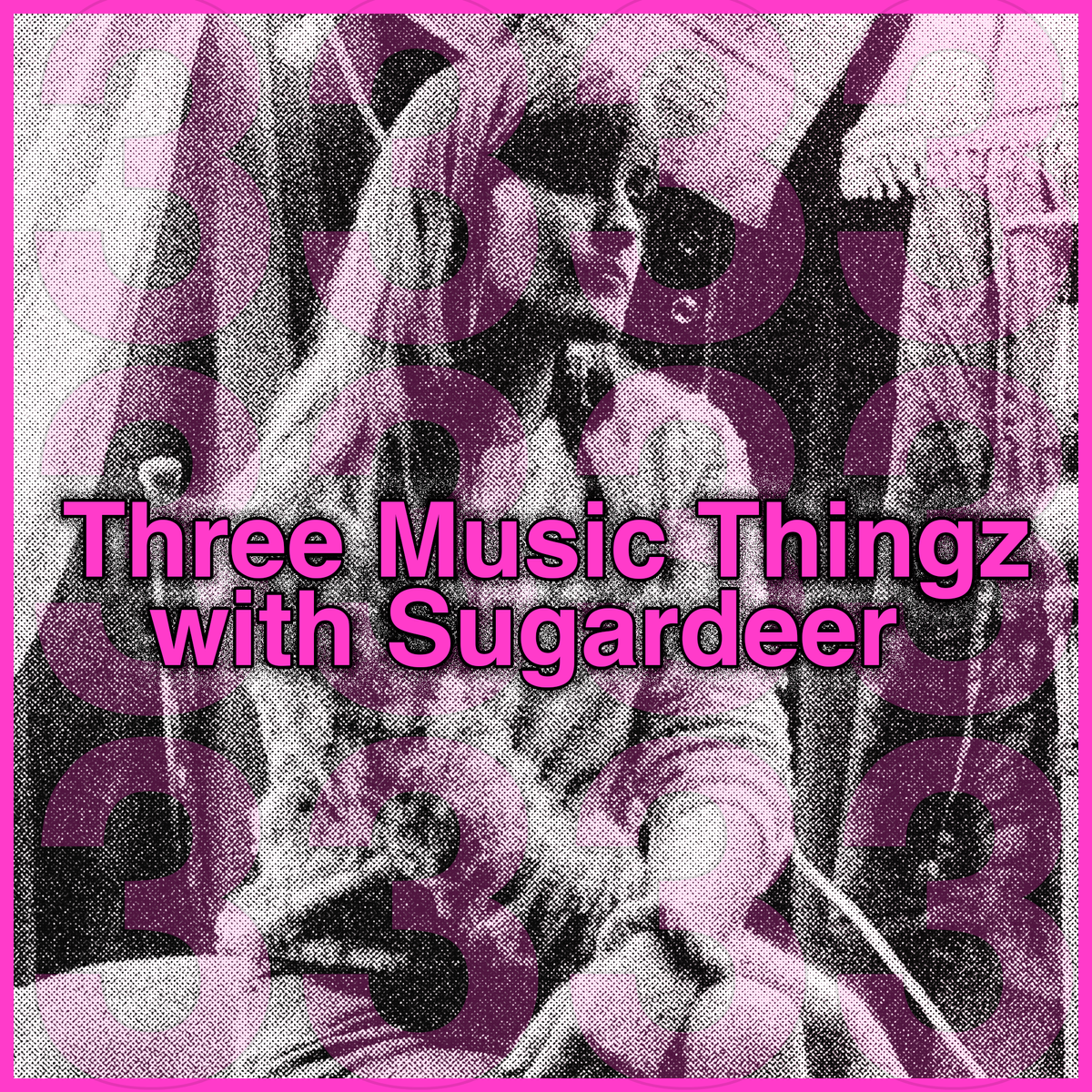
Goodness gracious, it's another rendition of Three Music Thingz, the blogseries where I ask musicians for three thingz that are essential to their music-making.
Today we have Sugardeer! A Cleveland, OH-based solo project of songwriter and multi-instrumentalist Danny Kit, Sugardeer's debut EP came out last November, and it's a real treasure chest of elegant instrumentation and massive emotion. Good Names For Strays combines the formality of orchestral music with the raw drama of mid-'00s indie pop, and Kit produced everything on the album, plus contributed piano, clarinet, synth, guitar, and bass guitar to the mix.
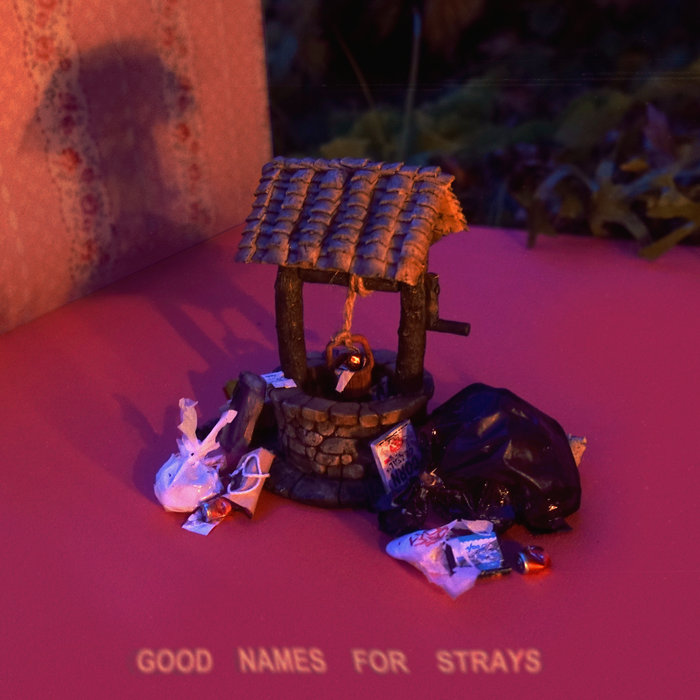
The lyrics on the EP are full of exquisite longing sustained by Kit's shining soprano voice, which can turn from an intimate whisper to a resonant belt on a dime. A standout track to me is "The Tower, inverted," which starts off tentative and midtempo, adorned with electronic bleeps that wink like fairy lights, then picks up the pace for a hypercathartic finish, with Kit singing through their anguished, protracted farewell: "I’m your wishing well / Well, throw in your towel / ‘Cause letting you down is my thing, baby."
Danny Kit sent three absolutely beautiful thingz over that you gotta read 2 believe...so get to it...
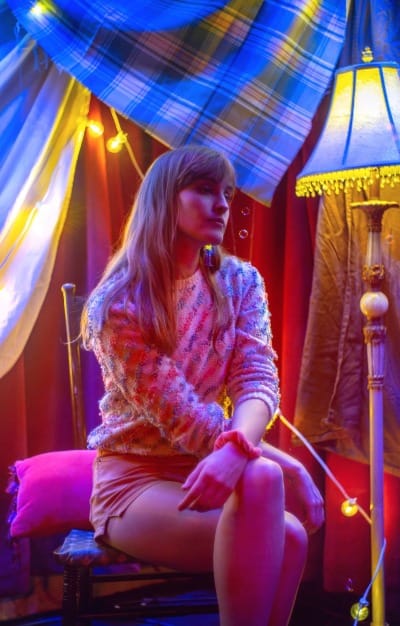
- please judge your book by its cover
Though my professional work is in audio and music, visuals are a huge part of the way I think and operate. I find colors, texture, and lighting evocative and they deeply affect the process of music-making and listening. Album art, for example, is a frame that primes the listener for what they will discover when they listen to what’s inside. It’s what makes buying a record without listening to it first so exciting!
I once was compelled at the record store by an album I’d never heard of simply because of its broadly pink, canvas-textured cover. Plus it was fifteen bucks so like, fuck it. By the time I put it on the player I hadn’t made any “real” assumptions or judgements, but I felt I’d been looking at a particular mountain on a particular day, and I knew what the weather would be like if I were to climb it. When an album cover tells you it's sunny, but the songs evoke grief, there’s a way you may feel about them that sits differently than if it told you it's stormy. In this way, visual art has a greater capacity for representation than music does, and therefore it's a useful tool to expand on musical storytelling with. And by providing the listener with the paratext of a related-but-separate work, the artist encourages them to screw around; to find some of themself in the gap between the two works.
I was drawn to that album, Almost by The Ophelias, because a couple months before that I’d done acid and realized I really, really like pink. That color and the images it surrounded were somehow the first lyrics I heard, the first jangly guitars and idyllic violins that guide the whole record. Anything could’ve been on that album at the store, and only I could have experienced it this exact way, but what was there felt that much more magnified and inevitable because the art gave me a frame.
This visual frame extends to video, stage-lighting, flyers, and merch. The cynical, capitalist version of this idea is “branding,” but for artists who care, it's an opportunities to connect more deeply with their work. For me, these visual principles even take shape in the spaces where I write and record music. It wasn’t until I had a settled workspace in my home that my process became, well, a process. My electric piano sits on two plastic storage drawers from 2014 I’ve spray painted with purple and red, and my headphone stand is literally made out of a gum container I wrapped in ribbons, but it’s a space that’s mine and it feels vibrant and familiar. Looking at all the pokemon figurines and vintage doilies I keep around to inspire my work, it’s no wonder I couldn’t get things done in drab collegiate computer labs. A safe space designed entirely around my own interests and the stories I want to tell is both a proud achievement and a privilege I don’t take lightly. - you will probably lose, but the game is fun
A mediocre perfectionist, I’ve long been afraid of failure. I still haven’t placed where this fear comes from or how to stop it, and it’s fueled a sometimes debilitating lack of confidence and execution. I could easy to blame it on my feminine disposition alone. I am a music producer as a “woman” without a production degree or a love of Radiohead. Therefore I feel like I’m disarming a bomb with a blindfold and everyone is trying to explain to me how my own equipment works. But that’s only part of the story, and it does me no favors to allow that cultural pressure to influence my interests: composition, execution, and production.
My thesis here is simple: no one is perfect. That said, it’s become a high of its own to see how close I can get to perfect, and music is a really good outlet for that vice. When I paint I ruminate over color palettes; when I clean I fixate on clearing every speck of dust. I can’t even play a video game without trying to 100% the damn thing, even when whatever side quest I’m on bores me to tears. But when I perform music, there’s a timetable. Every moment you can conceive urges you to account for it, and you’re not going to catch all of them unless you're hot shit. I doubt even hot-shits sound the way that voice in their head begs of them.
Artists really need to be able to afford health insurance, but I’m not worried about my success on a personal level. The sheer impossibility of finishing this job (being The Musician, I guess?) makes it all the more worthwhile. I love knowing that there will always be more to hear, more to write, and more to play, whether I’m the one doing it or not. This career doesn’t have a destination that awards me with any satisfaction, and frankly I don’t think art should. I know I’ll always be hungry here, so I can go for the rest of my life or I can stop now. Hopefully I’ll stop when I feel like it, and if I’m ever satisfied it will be for some other wonderful reason. - it turns out sharing is, in fact, caring
In 2021 I’d been collaborating with locals and writing here and there, but I decided to write the EP Good Name for Strays for two main reasons: to break open my creative shell, and to process childhood feelings I’d never wrapped my head around. I’ve always been tight-lipped about my bitter emotions even to myself, and it wasn’t until I started that project that I realized just how heavy all that anger and grief had become. I felt that baggage was in my way, and assumed that if I wrote and recorded these songs, then those feelings would be “processed” and I could “move on with my life”.
And yet, right up to the release date, my creative insecurities and unchecked angst remained so prevalent to the point I barely felt I wanted to share it anymore. I thought I must’ve still done something wrong, but when I finally released the album, things felt different almost instantly. I didn’t know what it meant when people say the grief gets lighter–but now I do.
Sharing my work and my passions with others matters, but not because of any martyrdom or external validation (though I very much appreciate validation, I’m not made of stone). Writing an album about my repressed emotions and then hiding it under the bed wouldn’t have been very different from how I’ve always lived. By sharing it I gave those feelings, ideas, and stories permission to matter in a way I’ve never allowed. I’m still a fairly reclusive person, but I was pretty unfair to myself all those years: I couldn’t be seen or heard unless I figured it all out, unless I was perfect.
I’m glad I’d gone with Good Names for my first album. It really cleared out the gutters for me to tell new stories, and it seems my emotions and I are finally on the same team. I won’t pretend I magically solved all my insecurity issues by posting something on the internet. I still feel unworthy of the praise that I get in my work. But I let go of the idea that I could only exist as someone who’s perfect, and in return that unworthy feeling let go of me.
Thank you Danny! Listen to Good Names For Strays, and check out Sugardeer's link aggregation. Sugardeer are also playing some East coast and Ohio shows this spring and summer, whose dates you can find on their website. Below is Sugardeer's live lineup:
Danny Kit - vocals, keyboards, electric bass
Ben Wolgamuth - guitar, electric bass
Michaela Murphy - viola, violin
Jennifer Weather - drums
Thanks for reading I Enjoy Music! If you like it, tell a friend about it.
